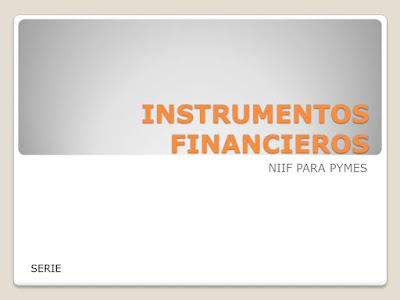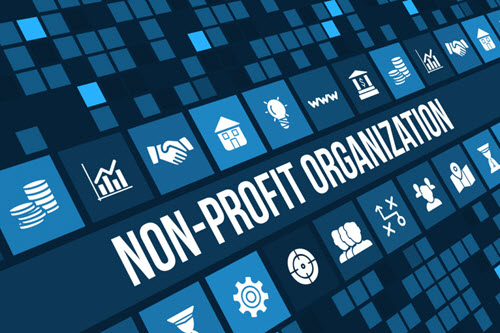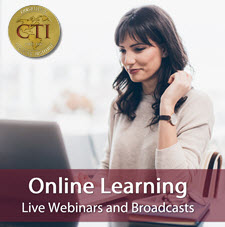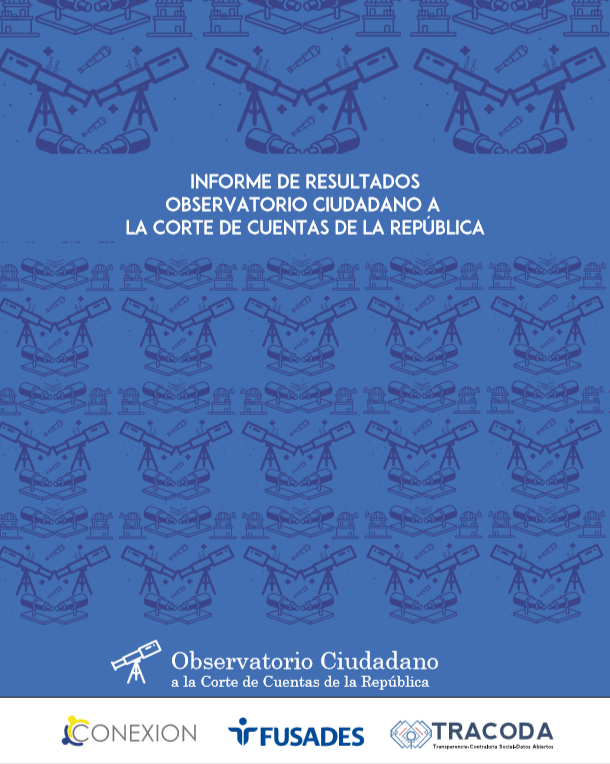viernes, 31 de enero de 2020
jueves, 30 de enero de 2020
Desde QuickRead

|
|
|

|
|
Last Chance to Save $200! Register by January 31 for NACVA and the CTI’s 2020 Business Valuation and Financial Litigation Super Conference to save $200.
|
|
|
In Case You Missed It:
|
|
|
|
Upcoming Webinars and Broadcasts
|
|
|
|
|
Desde HBR
| Put Your Audience’s Needs First When Preparing for a Speech |
| When you’re giving a speech or presentation, it’s not your job to get the audience to like you. In fact, if the audience is paying too close attention to you, they may actually miss your message. Instead, focus on being present and staying attuned to your audience’s needs. From the moment you begin to prepare, think about who will be in the room. Each time you practice, maintain focus on your imaginary audience. The moment you catch yourself going into autopilot, stop and restart your sentence. And right before you speak, take a moment to breathe and look directly at your audience. Then begin with a “you” statement, e.g “Each of you in this room…” or “I want to share a story with you about the power of…” This immediately signals to your audience that you are there to help them. |
| This tip is adapted from “Do You Need Charisma to Be a Great Public Speaker?,” by Sarah Gershman |
martes, 28 de enero de 2020
Desde FUSADES
|
|||||
|
|||||
|
lunes, 27 de enero de 2020
Desde HBR
| Find Daily Opportunities to Mentor Junior Employees |
| Many companies have formal, hierarchical mentoring programs nested somewhere in their HR department. But evidence shows that these programs alone won’t sufficiently engage or develop junior talent. If you’re interested in mentoring, think about becoming a “mentor of the moment,” by seeking development opportunities in daily interactions. Check in regularly with junior colleagues. See how things are going and offer support or resources as appropriate. Ask questions about their development such as: “In a perfect world, what would you be doing in 10 years? How can I help make it happen?” When you observe a junior employee in action, make time to provide reinforcing feedback about what you found most successful and what you learned. This type of mentoring, while informal, often pays off big for organizations in terms of better retention and more loyalty and commitment among employees. |
| This tip is adapted from “Real Mentorship Starts with Company Culture, Not Formal Programs,” by W. Brad Johnson and David G. Smith |
Desde Cartelera Informativa UCA
Diplomados
Herramientas de Planificación y Control Financiero Del 8 de febrero al 2 de mayo.
Fecha límite de inscripción: Sábado 1 de febrero.
Más información
Diseño de Productos (semipresencial)
Del 10 de febrero al 16 de mayo.
Fecha límite de inscripción: Sábado 8 de febrero.
Más información
Estadística para Ingenieros e Investigadores Sociales y de
Finanzas
Del 15 de febrero al 25 de septiembre.
Fecha límite de inscripción: Jueves 13 de febrero.
Más información
Desde Fundación IFRS
| January 2020 |
| January IASB meeting papers and agenda available |
| Amendments to IFRS 17 Insurance Contracts Pension Benefits that Depend on Asset Returns Research Programme Updating a Reference to the Conceptual Framework (Amendments to IFRS 3) Disclosure Initiative—Targeted Standards-level Review of Disclosures IBOR Reform and its Effects on Financial Reporting—Phase 2 Business Combinations under Common Control Subsidiaries that are SMEs Provisions International Accounting Standards Board |
domingo, 26 de enero de 2020
Desde IFAC
|
|
|
|
|---|
|
|
|
Suscribirse a:
Comentarios (Atom)






















